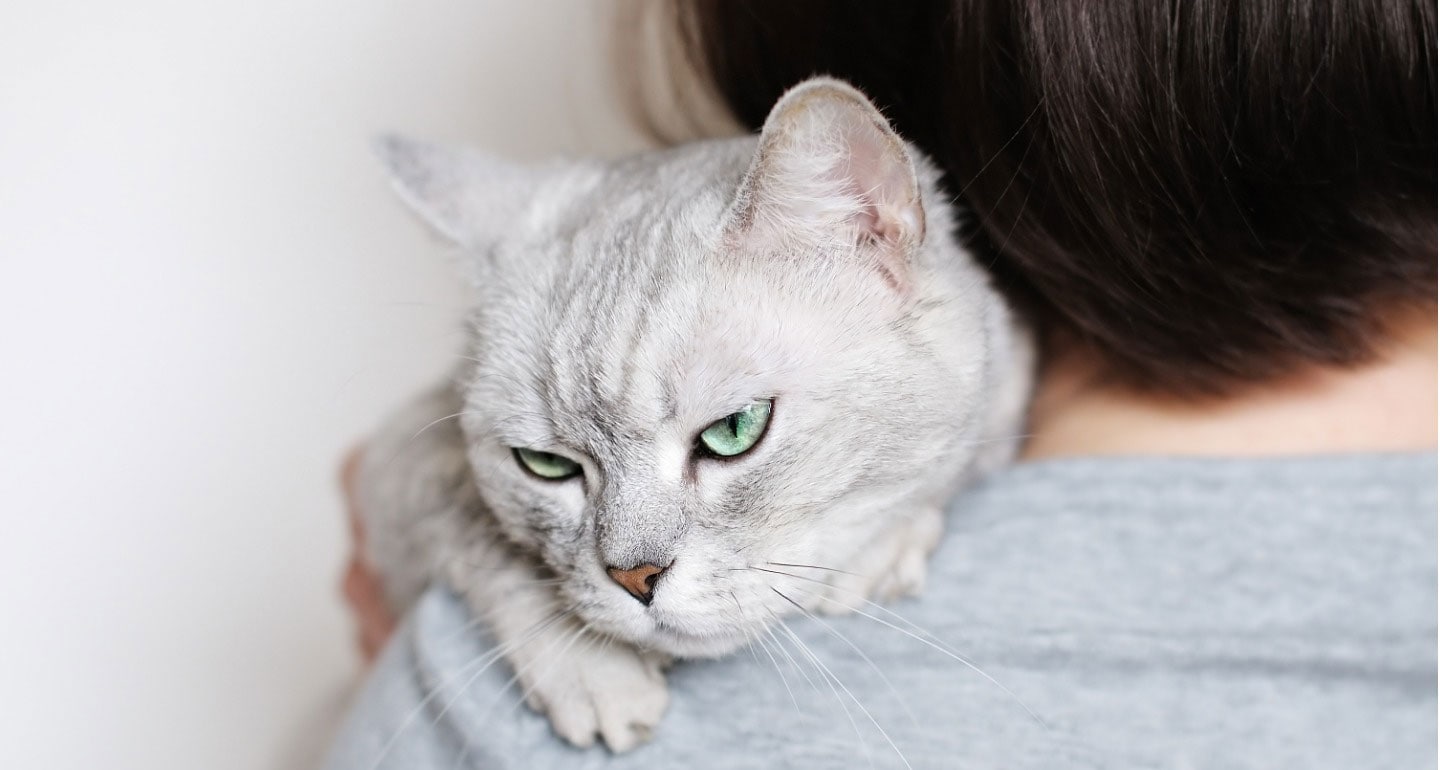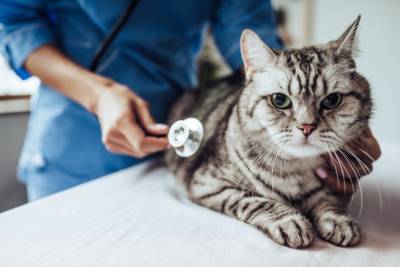If you've recently brought home a new kitten, you may be worried if your furry friend isn't eating or drinking. It's important to take action quickly, as a kitten can become dehydrated and malnourished within just a few days without proper nutrition.
First, it's important to determine the root cause of your kitten's lack of appetite. There are
Several Potential Reasons Why A Kitten May Not Be Eating or Drinking
StressIf your kitten has recently started eating a new type of food and is now experiencing digestive issues, there are a few things you can try to help them feel better. One option is to offer smaller, more frequent meals rather than larger ones. This can help ease the strain on their digestive system. Another option is to switch to a bland diet temporarily, such as boiled chicken and rice, to give their digestive system a break.
It's also crucial to ensure that your kitten always has access to clean, fresh water. Dehydration can worsen digestive problems and make it more difficult for your kitten to recover. You might also consider adding a small amount of canned pumpkin or a digestive enzyme supplement to their food to help with digestion.
If your kitten continues to have trouble eating or drinking, or if they're showing other symptoms such as vomiting or diarrhea, it's important to consult with your veterinarian. They can help determine the cause of the digestive issues and recommend the best treatment plan.
Regenerate response
There are several reasons why a kitten's environment may not be stimulating enough. For example, if they are kept in a small, confined space with little to do, they may become restless and lose interest in their food and water. Similarly, if they do not have access to toys or other objects to play with, they may become less interested in their food and water as well.
To prevent this from happening, it is important to provide kittens with a stimulating and enriching environment. This can include providing them with plenty of toys and other objects to play with, as well as allowing them to explore a variety of different areas and environments. It is also important to provide them with a consistent and varied diet to ensure that they are getting all of the nutrients that they need.
In summary, the lack of stimulation in a kitten's environment can lead to a loss of interest in eating and drinking. To ensure that your kitten stays healthy and happy, it is important to provide them with a stimulating and enriching environment that keeps them engaged and active.
If you suspect that stress is the cause of your kitten's lack of appetite, there are several things you can do to make them feel more comfortable in their new surroundings. These include:
Providing a quiet and secure space for your kitten to retreat to when they feel overwhelmed
Gradually introducing them to new people and animals in the household
Using pheromone diffusers or sprays to help reduce stress
Providing plenty of toys and activities to keep your kitten entertained and engaged
If you suspect that your kitten is experiencing a health issue, it's important to take them to the veterinarian as soon as possible. Your veterinarian will be able to diagnose and treat any underlying health problems, and may also recommend a special diet or supplements to help your kitten regain their appetite.
If you have recently changed your kitten's diet, it's possible that they are experiencing digestive issues as a result. In this case, it may be necessary to switch back to the previous diet or try a different brand of food. It's also important to ensure that your kitten has access to clean water at all times, as dehydration can contribute to a decreased appetite.
Finally, if you think that your kitten's lack of appetite is due to a lack of stimulation, try introducing new toys and activities to their environment. This can help to keep your kitten engaged and interested in their surroundings, which may help to improve their appetite.
No matter the cause of your kitten's lack of appetite, it's important to take action quickly. A kitten can become dehydrated and malnourished within just a few days without proper nutrition, so it's essential to address the issue as soon as possible. By working with your veterinarian and taking steps to make your kitten feel comfortable and engaged in their new environment, you can help them regain their appetite and ensure that they are healthy and happy.





